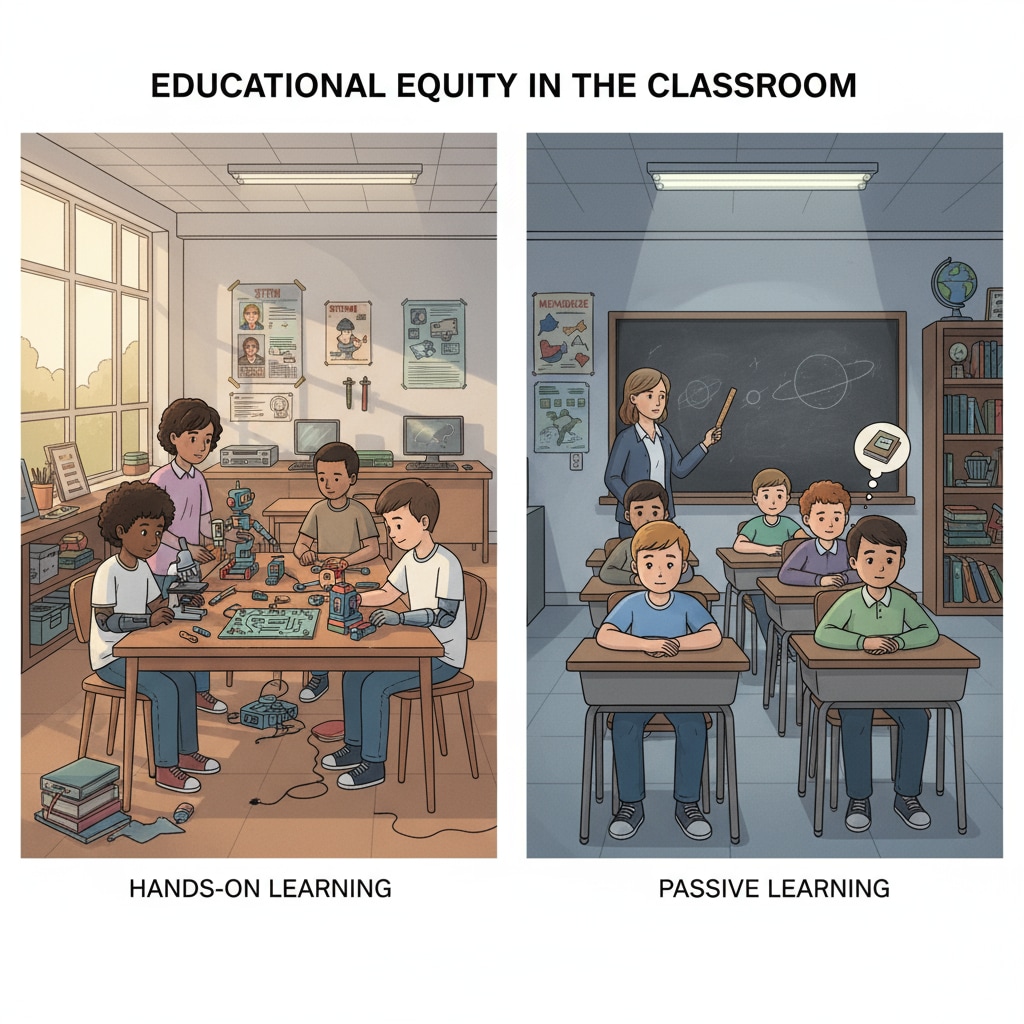In the realm of K12 education, research, evaluation, and educational inequality are intertwined concepts that significantly impact the quality and fairness of education. Research in K12 education involves systematic investigation to understand various aspects of the educational process, such as teaching methods, student learning, and educational policies. Evaluation, on the other hand, is the process of making judgments about the worth, effectiveness, or quality of educational programs, practices, or outcomes. Educational inequality, unfortunately, persists in many parts of the world, with differences in access to quality education, resources, and opportunities among students.

The Distinctions between Research and Evaluation
Research and evaluation, while related, have distinct characteristics. Research often aims to expand knowledge, uncover new theories, and explore uncharted areas in education. It might involve long-term studies, data collection from diverse sources, and in-depth analysis to understand complex educational phenomena. For example, a researcher might conduct a longitudinal study to see how different teaching curricula affect students’ cognitive development over several years. Evaluation, conversely, is more focused on assessing the performance, effectiveness, or value of something that already exists. An evaluation of a new reading program in a school would determine whether it has improved students’ reading skills as intended. As explained on Educational research on Wikipedia, these differences are fundamental in understanding their unique roles in education.

The Interconnections between Research and Evaluation
Despite their differences, research and evaluation are closely interconnected. Research findings can inform the development of evaluation criteria. For instance, if research shows that student engagement is a crucial factor in academic success, this can be incorporated into the evaluation of teaching effectiveness. Similarly, evaluation results can guide further research. If an evaluation of a math tutoring program reveals unexpected challenges, it can prompt researchers to explore solutions and conduct new studies. According to Educational evaluation on Britannica, this symbiotic relationship between research and evaluation is essential for improving educational practices.
When it comes to addressing educational inequality in K12 education, research and evaluation play complementary roles. Research can identify the root causes of educational inequality, such as socioeconomic factors, geographical disparities, or inadequate teacher training. Evaluation can then be used to assess the effectiveness of interventions designed to reduce these inequalities. For example, a research study might find that students from low-income families have limited access to educational technology. An evaluation can then determine whether initiatives to provide laptops or online learning resources to these students are actually making a difference.
In conclusion, research and evaluation are like two sides of the same coin in the context of K12 education. Their unique characteristics and close interconnections make them powerful tools in the fight against educational inequality. By understanding and leveraging these concepts effectively, educators, policymakers, and researchers can work towards building a more equitable and high-quality K12 education system. Readability guidance: We have used short paragraphs to present key ideas clearly. Each H2 section has a focused discussion, and we’ve incorporated external links for further reference. Transition words like ‘however’, ‘conversely’, and ‘for instance’ have been used to enhance the flow of the text.


